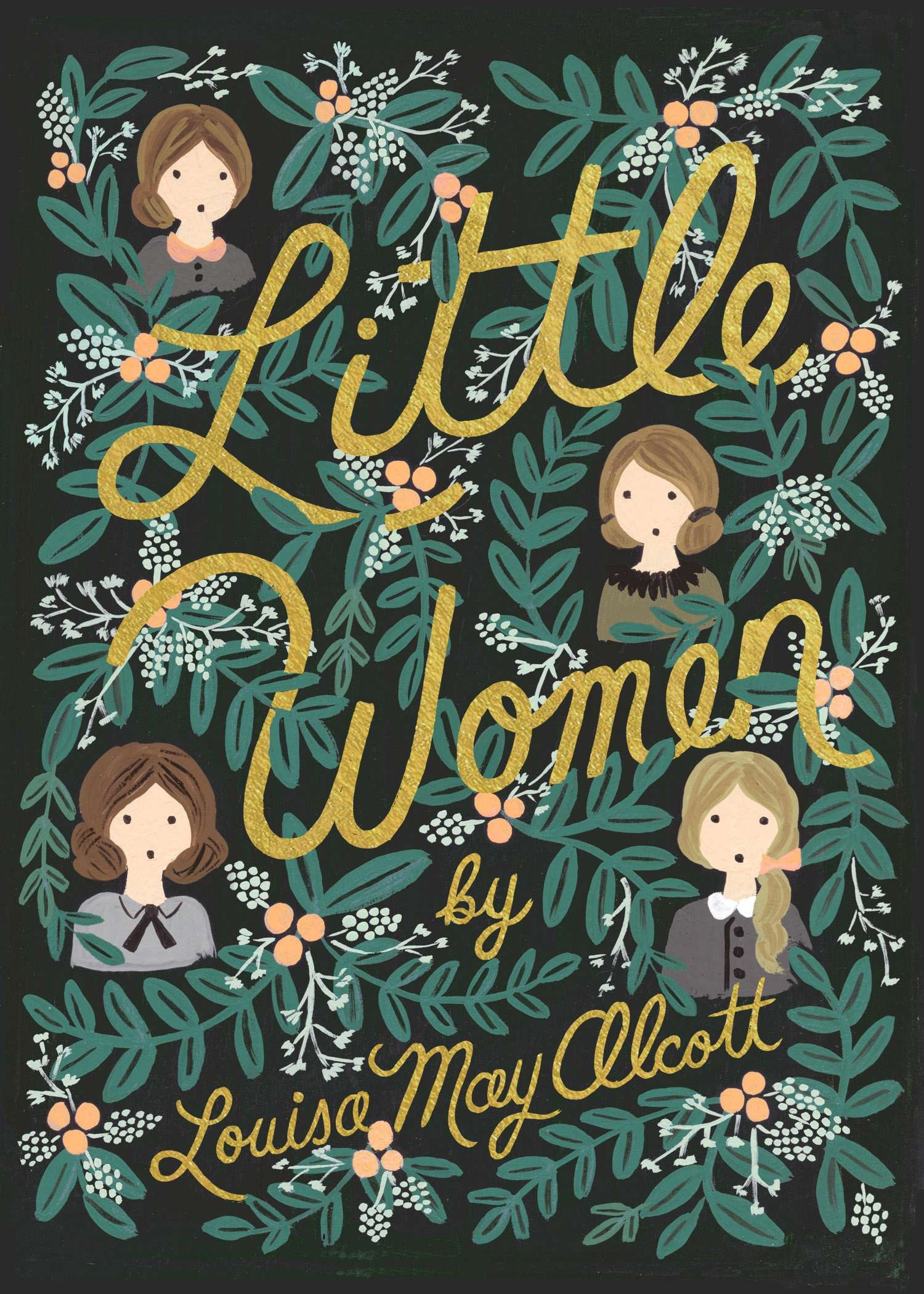The novelist
Elizabeth Cleghorn Gaskell is now best-known as the author of Cranford and North and South, and
the biographer of her friend Charlotte Brontë. Her greatest books were written
in reaction to the industrialisation of Manchester, where she lived for much of
her life. ‘I had always felt a deep sympathy with the care-worn men, who looked
as if doomed to struggle through their lives in strange alternations between
work and want’ she wrote in the preface to Mary Barton.
She was born in Chelsea, London on 29 September 1810,
the daughter of two devout Unitarians, William Stevenson and Elizabeth Holland.
After her mother died in 1811, she was brought up by her aunt, Hannah Lumb, in
Knutsford, Cheshire. In 1832, she married William Gaskell, a Unitarian minister
and later a professor of history, literature and logic; both were interested in
new scientific ideas and literature. The couple settled in Manchester.
Shattered by the death of her infant son in 1845, she
turned to writing for solace. Mary Barton, published
anonymously in 1848, won praise from Charles Dickens, who called her his ‘dear
Scheherazade’ and invited her to contribute to his journals. In January 1853
she published the controversial Ruth, the story of a seduced seamstress. Cranford, a
gentle but acutely observant Knutsford-set tale of two spinster sisters, was
serialised in Household Words later
that year. And in 1855, she published North and South, a study of the
tensions between mill-owners and workers.
Elizabeth Gaskell met Charlotte Brontë while on holiday near
Windermere. They became close friends through their letters to one another, and
after Charlotte’s death in 1855, Elizabeth Gaskell wrote a carefully researched and
protective biography of her.
She was still working on Wives and Daughters, a
humorous coming-of-age tale, when she died suddenly of a heart attack on 12
November 1865.

